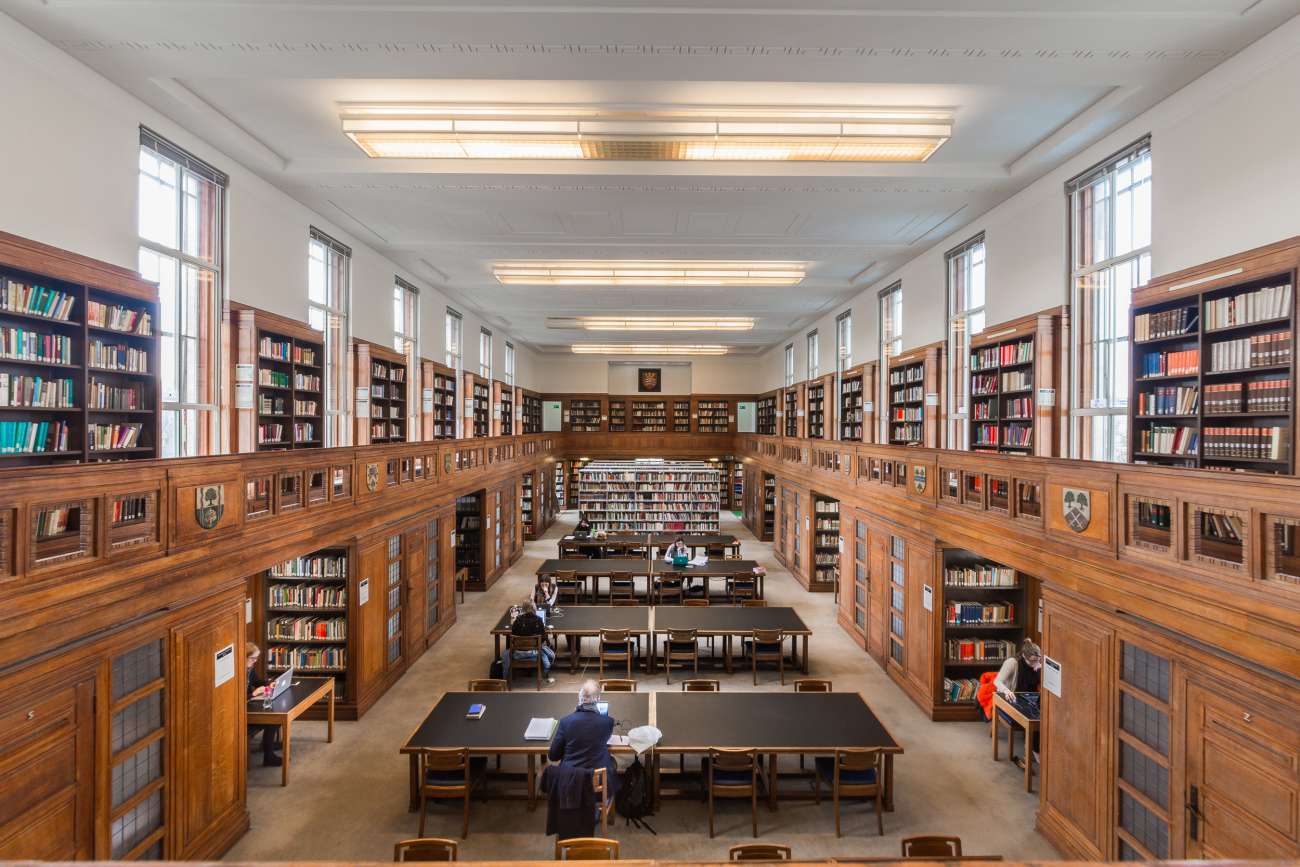IQRA AHMAD defends the importance of public libraries, particularly in light of the Coronavirus pandemic.
Earlier this month, Walsall’s council leader Mike Bird weighed into the debate of the value of public libraries, remarking that ‘if we haven’t used something for the past four or five months, do we really need it?‘. Bird’s comments suggested that the closure of library services in recent months has had a limited impact on communities – a claim that immediately struck me as unfair. As an English Literature student and regular library-goer since the age of four, I am undeniably biased. The existence of libraries, however, as a place where people can foster a love of reading is of paramount importance to me.
In England’s first lockdown in particular, the nation turned to reading, with more than 3.5 million eBooks being digitally ‘borrowed’ from libraries between the end of March and mid- August. Libraries were shown to be places of safety in a world of uncertainty, providing free access not just to books, but to information and ideas in innovative ways. Despite showing their ability to exist in a digital capacity, from my own experience, the person-to-person connection to be found in a library is unlike any other. The immediate warmth and familiarity which can be found upon entering a library is what makes them more important than ever.
Amidst the difficulties of the pandemic, the services libraries offer are invaluable to those seeking trustworthy help and advice. Whilst some may disparagingly argue that ‘it’s just books!’, libraries offer so much more. Libraries are hugely beneficial in offering a quiet working environment for those who do not have one at home, and for those who are seeking information which can exclusively be found online. It can be easy to forget that so many people do not have access to a private computer, and solely rely on library computers for vital services. This includes resources for physical and mental health support, which have become even more important due to the loneliness that many of us have felt during the pandemic. On top of this, people without access to the internet rely on the public computers in libraries to search for new jobs, to word process their CV and to pay bills. By closing libraries, these essential tasks would become near impossible for the digitally excluded and compound the problems for the poorest and most vulnerable sectors of society, who are already suffering from the UK’s digital divide.

Moreover, with disruptions to teaching in schools the importance of libraries has become even more apparent. Not only is the provision of children’s books one of the most important parts of a library, but many libraries also offer online learning resources for children. Access to digital resources and learning platforms have become crucial as children attempt to pick up learning from home, due to social distancing measures. This has led to a widening in the inequality gap between state and private schools, with disadvantaged students falling behind those whose parents have reliable internet. Libraries provide pupils with access to interactive platforms which ensure that they do not miss out on valuable learning opportunities, and acquire the same education as other students.
The 21st-century perception that libraries are filled with nothing but shelves of antiquated books is an outdated one. Libraries are fundamentally a community space, providing a service that is available for everyone. For myself and many others, libraries are a lifeline during difficult times. This has always been my understanding of the core of what a library does, and this is why I found the comments of Walsall’s council leader so dangerous. The inequality gap in the UK as a result of the coronavirus outbreak has widened, and it is essential that libraries continue to receive funding – not only as repositories of information, but as public spaces which have clearly shown their ability to reach out to people, far beyond their four walls.
The freedom to read, communicate and experience are what libraries are all about. Libraries have successfully adapted to take on a whole new interactive edge, with the launches of an online advice service by libraries in Suffolk and the creative challenge to ‘Express Yourself!’ in libraries in Manchester. The services libraries offer – digital and physical – are vital for shaping a society which values the impact of reading on the imagination.The possibilities for libraries in the future are endless, and I hope that they continue to remain at the heart of local communities.
Featured Image Source: london.ac.uk





